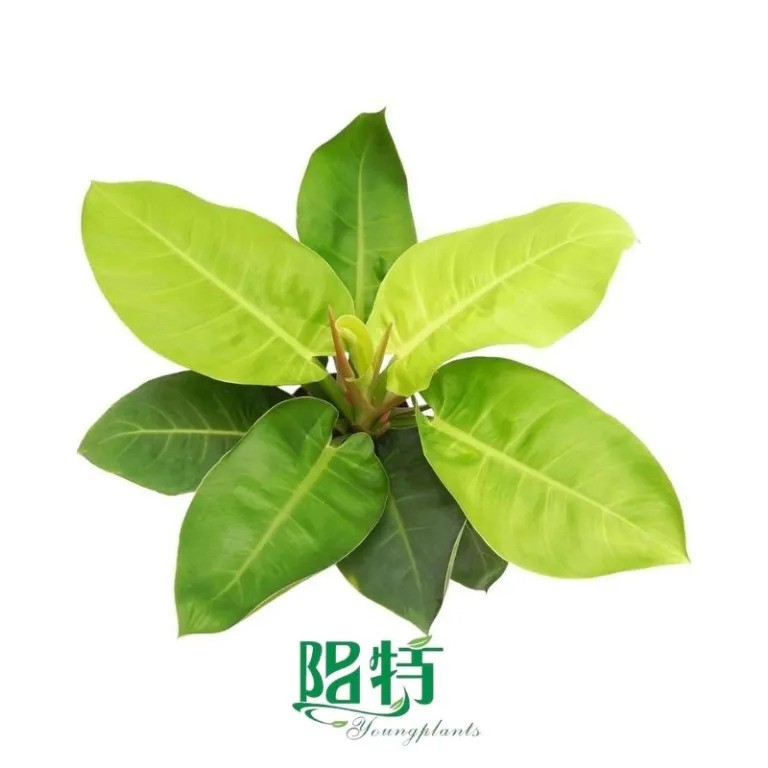Wholesale tissue culture plants are becoming increasingly popular in the agriculture and horticulture industries due to their numerous benefits and applications. One of the key processes involved in producing these plants for wholesale distribution is cultivating plug plants.
What are Plug Plants?
Plug plants are essentially small plantlets that have been propagated in a controlled environment using tissue culture techniques. The process begins with selecting a plant species that is suitable for tissue culture propagation. This is important as not all plant species can be successfully propagated through tissue culture methods. Once the plant species has been selected, a small piece of tissue, such as a leaf or stem, is taken from the parent plant and placed in a sterile growth medium that contains the necessary nutrients and hormones for growth.
The Tissue Culture Process
Over time, the tissue will begin to divide and form a mass of cells called a callus. From this callus, small plantlets will start to emerge. These plantlets are then carefully transferred to a fresh medium where they will continue to grow and develop into mature plants. The entire process is carried out in a sterile environment to prevent contamination and ensure the success of the propagation.
Advantages of Cultivating Plug Plants
Cultivating plug plants wholesale distribution offers several advantages. Firstly, tissue culture propagation allows for rapid multiplication of plants. A single plant tissue can give rise to hundreds or even thousands of plantlets in a relatively short period of time. This makes it an efficient and cost-effective method for producing large quantities of plants for wholesale distribution.
Uniformity and Quality of Tissue Culture Plants
Secondly, tissue culture plants are uniform in their characteristics and quality. Since they are propagated from a single parent plant, tissue culture plants are genetically identical, ensuring consistency in traits such as growth rate, flower color, and disease resistance. This makes them ideal for commercial growers who require consistent and reliable plants for their operations.
Disease-Free Plants
Furthermore, tissue culture plants are disease-free. The sterile conditions in which they are propagated minimize the risk of contamination by pathogens such as bacteria, fungi, and viruses. This not only ensures the health and vitality of the plants but also reduces the need for chemical pesticides and fungicides, making tissue culture plants more environmentally friendly.
Applications of Wholesale Tissue Culture Plants
In terms of applications, wholesale tissue culture plants are used in a variety of industries, including agriculture, horticulture, landscaping, and forestry. They are commonly used for mass planting in nurseries, greenhouses, and commercial farms. In addition, tissue culture plants are also popular among hobbyists and home gardeners who appreciate the convenience and reliability of these plants.
Conclusion
In conclusion, the process of cultivating plug plants for wholesale distribution is a crucial step in the production of tissue culture plants. By harnessing the power of tissue culture propagation, growers can benefit from rapid multiplication, uniform quality, and disease-free plants that are well-suited for a wide range of applications. As the demand for high-quality plants continues to grow, wholesale tissue culture plants are poised to play an increasingly important role in the agriculture and horticulture industries.
